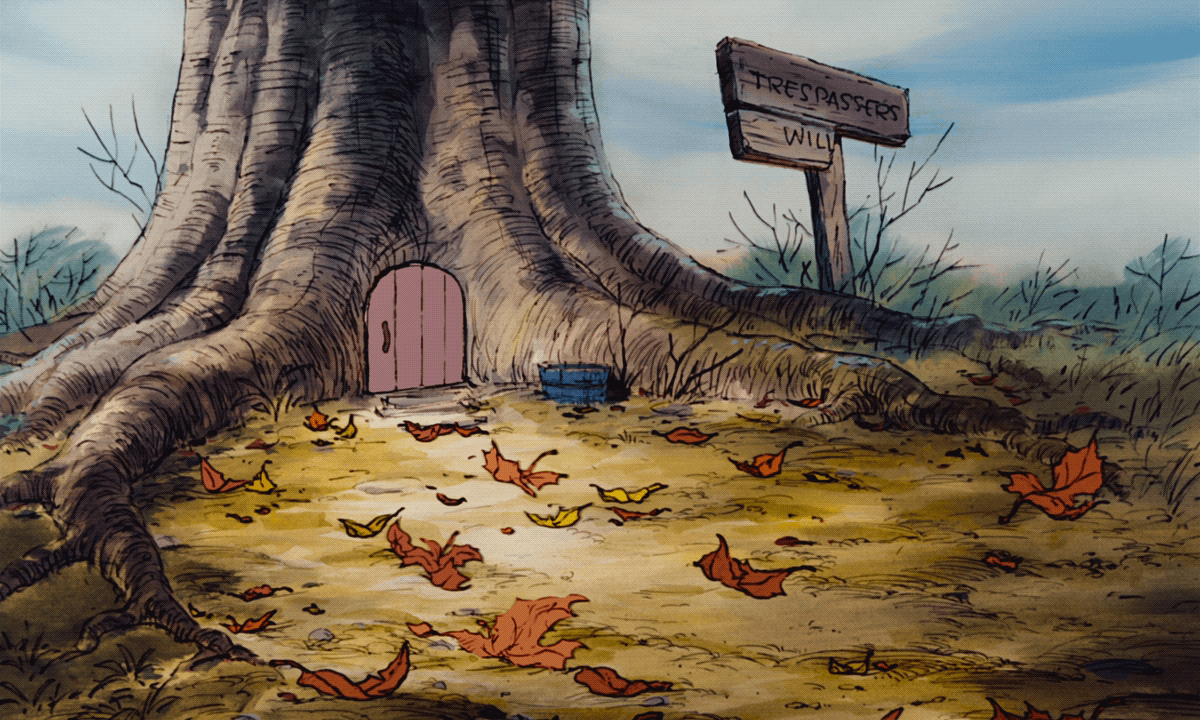Childhood and Romanticism alike put the mind's own life at the heart of experience. Wordsworth writes of his childhood ways of thinking as "the hiding places of my power" and says that the paths to them seem "open" until he approaches, at which point they close, tantalizingly, so "I see glimpses now." As ifonly in those brief moments when the guards are off duty can he nip back to the light. But Romanticism finds too often that this way (of thinking) has been barred and padlocked, no way through, and those who try to cross over are mocked and attacked like Wordsworth and Coleridge, despised and ignored like Blake, or Keats or Ibsen. John Clare found the TRESPASSERS WILL sign nailed up in his own mind, as so completely does he identify with his land that the paths on the ground are fused with the pathways of his mind, the tracks of his memory.
On paths to freedom and to childhood dear
A board sticks up to notice "no road here."
Novalis thought of fairy tales as "that homeland which is everywhere and nowhere." Where is that? Right inside the mind, in the cosmic trespass of imagination. This is the heart of it: this is why Romanticism comprehends what is perennially important, beautiful, valuable and good in the human condition, and finds those treasures within us all.
Jay Griffiths, from A Country Called Childhood: Children and the Exuberant World












































































































































































No comments:
Post a Comment